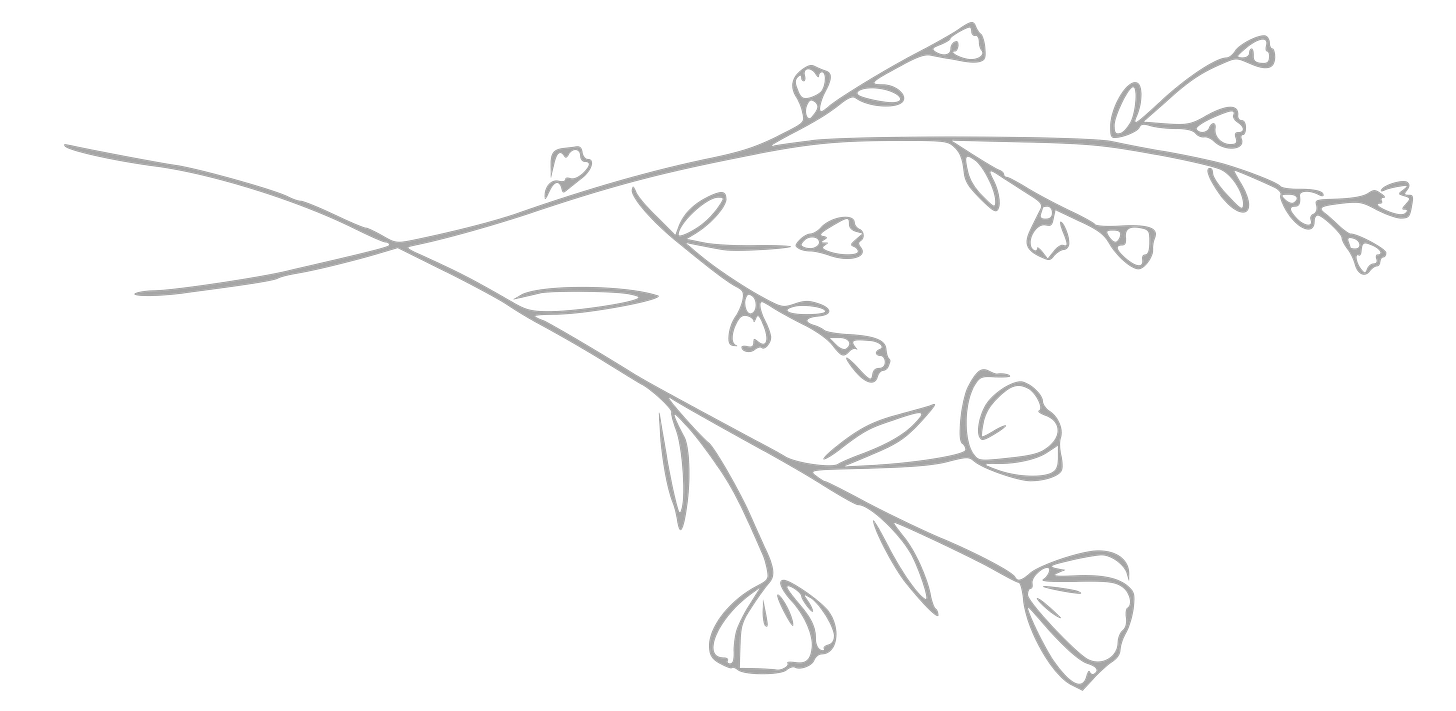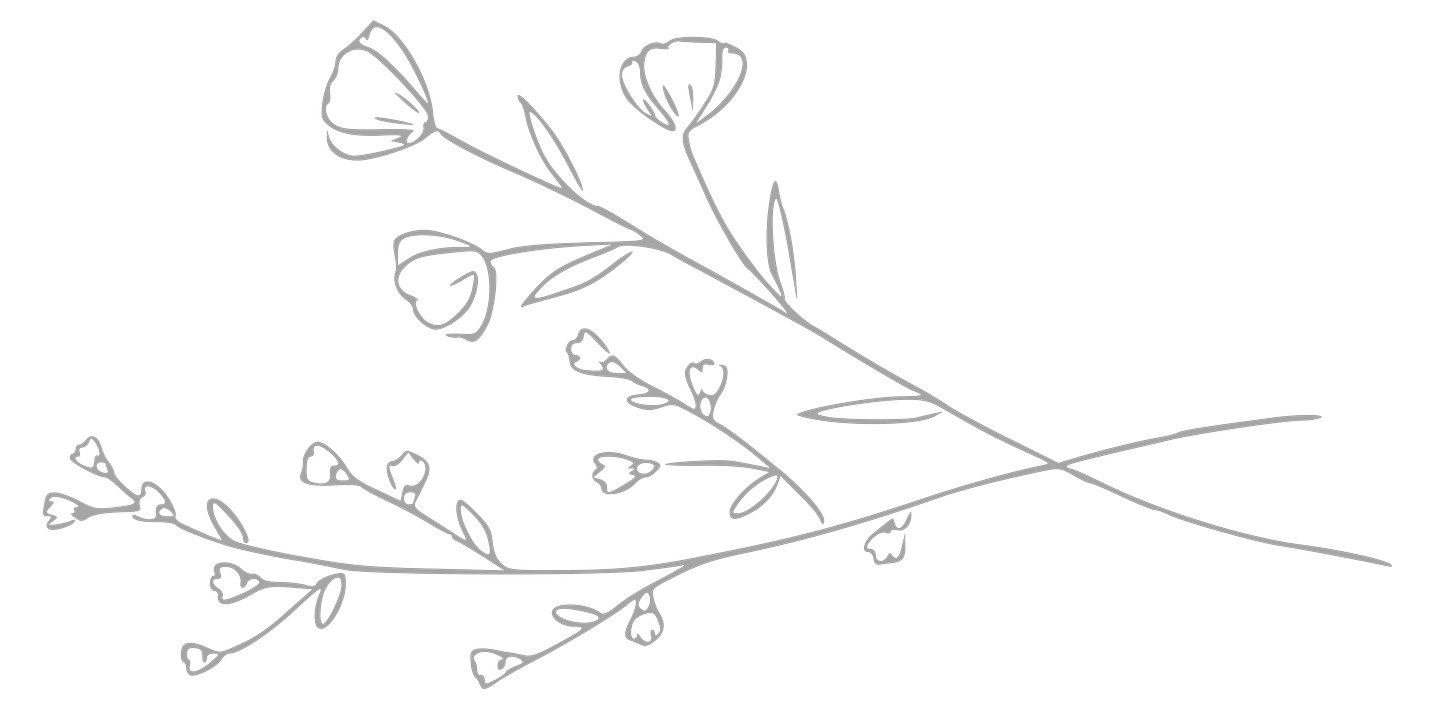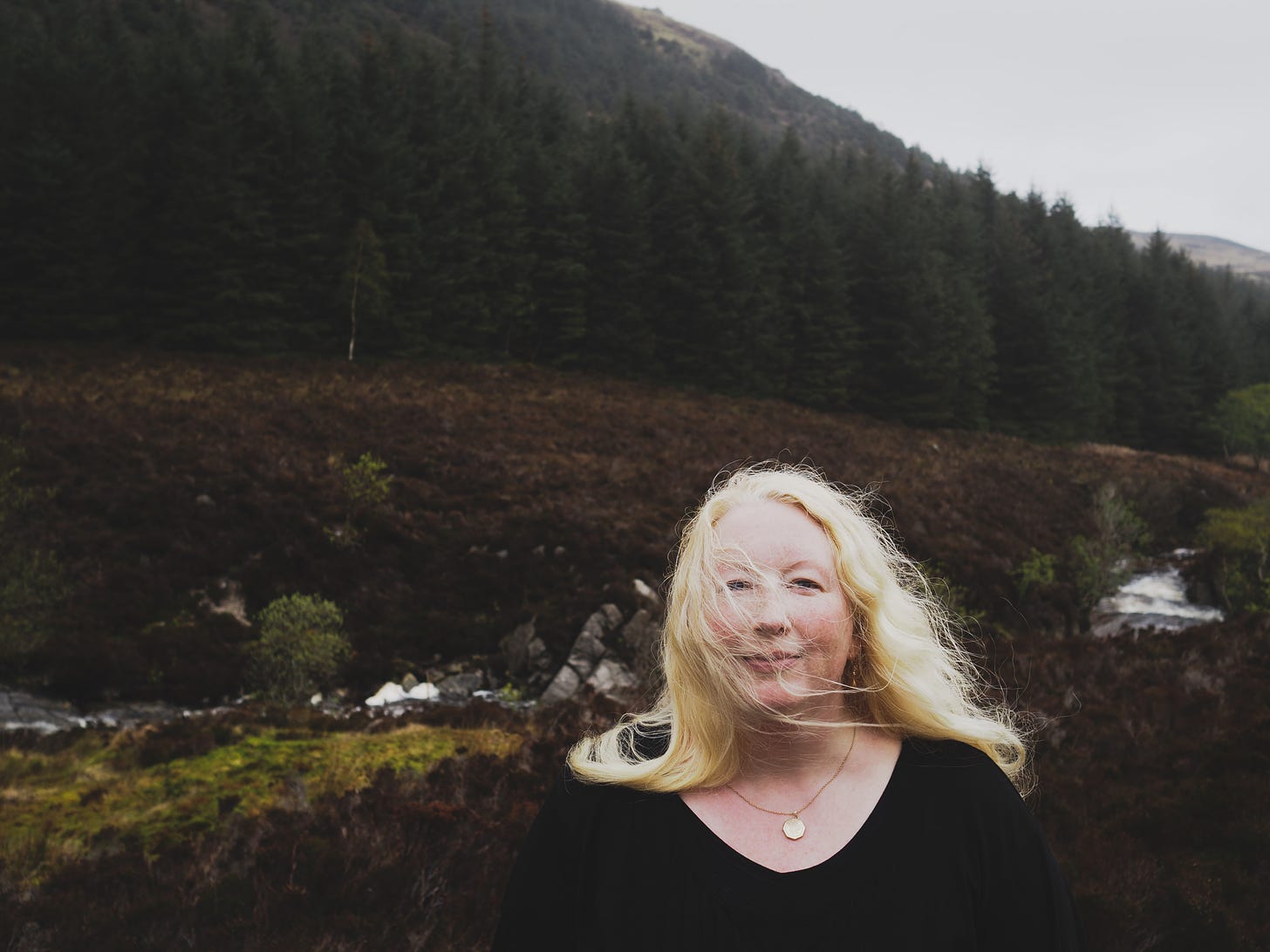About
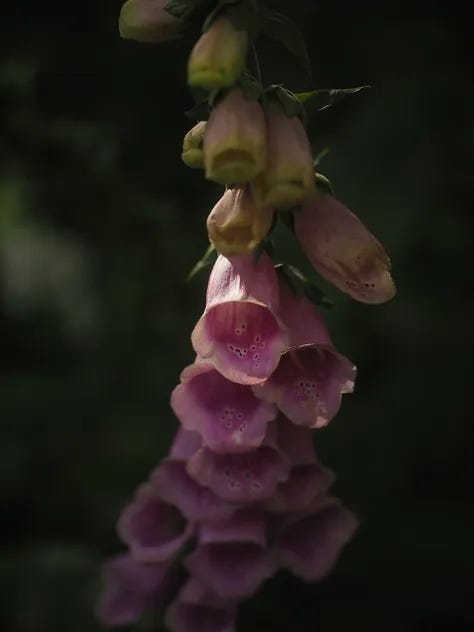
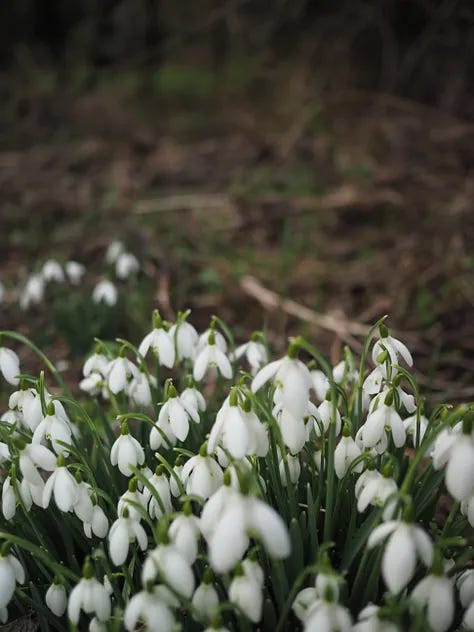
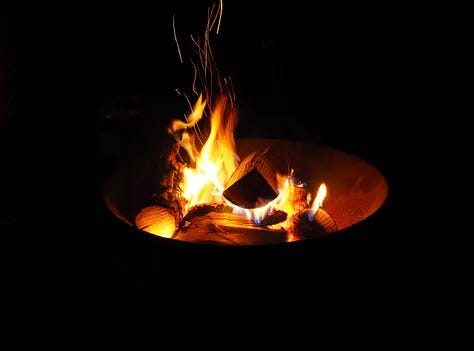
My Journey into Witchcraft
I grew up without religion in a mostly secular household. There wasn’t any hereditary witchcraft either. However the beliefs that were held weren’t considered altogether mainstream. Many of my mother’s family members practised healing and mediumship (some still do), therefore the concept of the ‘unseen’ was quite normal in my formative years. That’s not to say it wasn’t questioned and pulled apart, it simply existed as part of the fabric of our family. Going to psychic fairs in the 1990s was a very normal Saturday afternoon activity for my mum and I.
I felt drawn to this way of life as a teenager and joined a Wiccan coven for the first time when I was seventeen. Despite studying and training, I was still clueless and utterly out of my depth, but I knew it was a path that I wanted to continue one way or another. I’m now forty eight and have been in my current coven for eleven years. It has been a source of so much joy, reverence, friendship and support that I would struggle without it.
In the years when I haven’t been a member of a coven, I have practiced as a Hedgewitch or solitary witch, and I still perform my own rituals at home, between coven meets.
What is a witch?
There’s no straightforward, universal definition. Ask every witch and they will all give different answers! There are many traditions within witchcraft which vary in beliefs, values and interpretations. So I can only give you my definition, based on my own understanding and experience.
A witch is a practitioner of a wild and green spirituality, who finds sacredness in the natural world. A person who uses rituals, the esoteric elements, magic* and spellcraft for benevolent purposes and healing. A person who experiences nature and divinity as one and the same. A person seeking to find harmony with the world, through nurturing a mystical connection to all that is unseen. And a person seeking the wisdom that lies within.
Frequently Asked Questions
Q: Isn’t witchcraft supposed to be evil? A: No. Despite what history would tell you, witchcraft isn’t evil. Witches don’t make pacts with the devil. And I am firmly in favour of moving away from those outdated, inaccurate stereotypes. I don’t teach anything that would harm someone. I also don’t know of any other witch or coven who would. Q: Do I need to come from a long line of witches? A: No, thankfully this journey is open to all. I’m not a hereditary witch and I don’t believe that you need to be one in order to pursue a path of witchcraft. Q: I don’t do religion or any kind of spirituality, can I still create a witchcraft practice? A: Yes absolutely! You can create your own definition of what a witch is and form your own traditions. Secular witchcraft doesn’t involve deities, divinity or other religious references. Witchcraft isn’t a religion, but Wicca is. That’s the particular path I chose, but it’s not what I teach here. Some of it is Wicca-infused, but leave out what doesn’t work for you. There are so many different traditions within witchcraft. My way is just one of many. Wicca is my religion, but it most definitely doesn’t have to be yours! Q: Can I learn witchcraft without calling myself a witch? A: Yes. The word ‘witch’ is a loaded term. A large part of me wants to encourage you to reclaim the word, as well as the identity, as something positive. But I do understand the challenges that this brings up. So feel free to refer to yourself in whatever way feels good. No judgement. Q: Do I need to have come from a particular cultural background? A: No, not at all. I teach what I know, which is rooted in traditional British witchcraft with some modern elements too. If that doesn’t feel quite right, my suggestion would be to incorporate elements of your own culture into whatever type of practice you create, so that it feels entirely true to you. Q: Will I need to spend lots of money on equipment and tools? A: No. You don’t need to purchase anything or use anything if you’d prefer to keep it simple and pared back. Which begs the question, why do witches have tools in the first place then? An altar and tools can help to keep focus during rituals and they also form part of certain rituals. But as you’ll be creating a personal practice, you can choose what you need, if anything. If you decide to incorporate a few ritual objects, then firstly you could use what you already have in your home. Repurpose items such as bowls or dishes. Use what you already have in your kitchen and cupboards. If you need something you don’t have, try getting it second hand from charity shops, flea markets or vintage stalls. Or perhaps have a go at making something if you enjoy being creative. If you’re foraging just be sure to only take as much as you need, from somewhere which has plenty to give. More of these ideas will be explored in each post as and when it comes up. Q: Do you run courses? A: Not at the moment. The membership here gives all the information you need to begin and continue a meaningful witchcraft practice. Q: Do you do in-person events, hold circles or hire out your services? A: Not any more. I used to hold rituals for groups of people, as well as providing personal ceremonies such as a blessing for a new home and Cutting Cord ceremonies for new beginnings. Now I teach all of this here on Substack. Q: Do I need access to an outdoor space? A: No, you can do everything inside your own home, or room. If you’d like to be outside for some of the rituals because it’s nice to do so, then great! But it’s worth remembering that it’s the intention behind a ritual or ceremony that holds the magic, not the map co-ordinates.
Would you like to begin?
Thank you for reading. It’s good to have you here.
Jo




